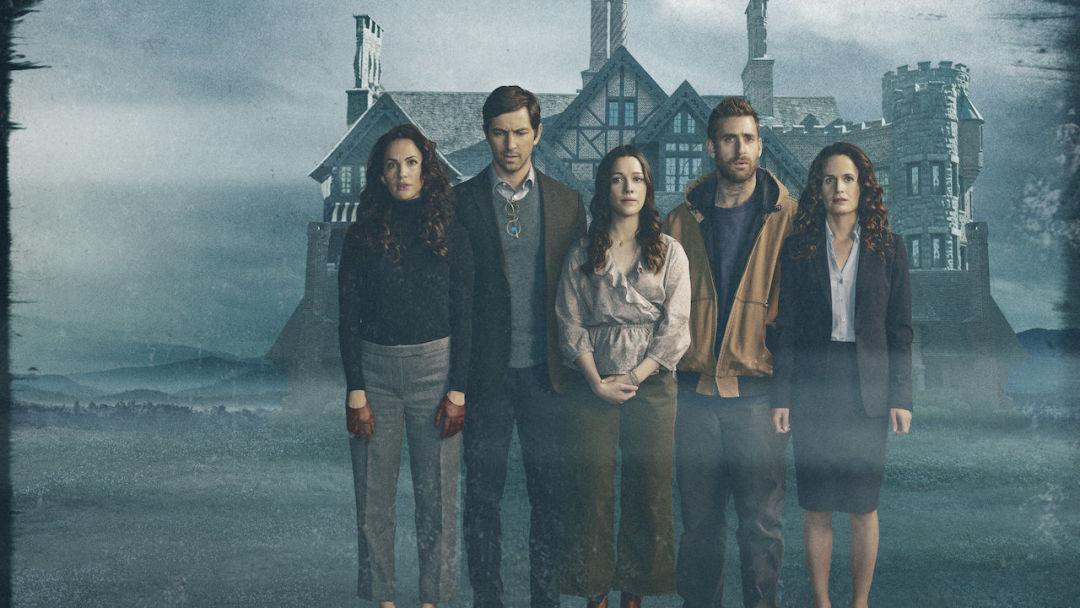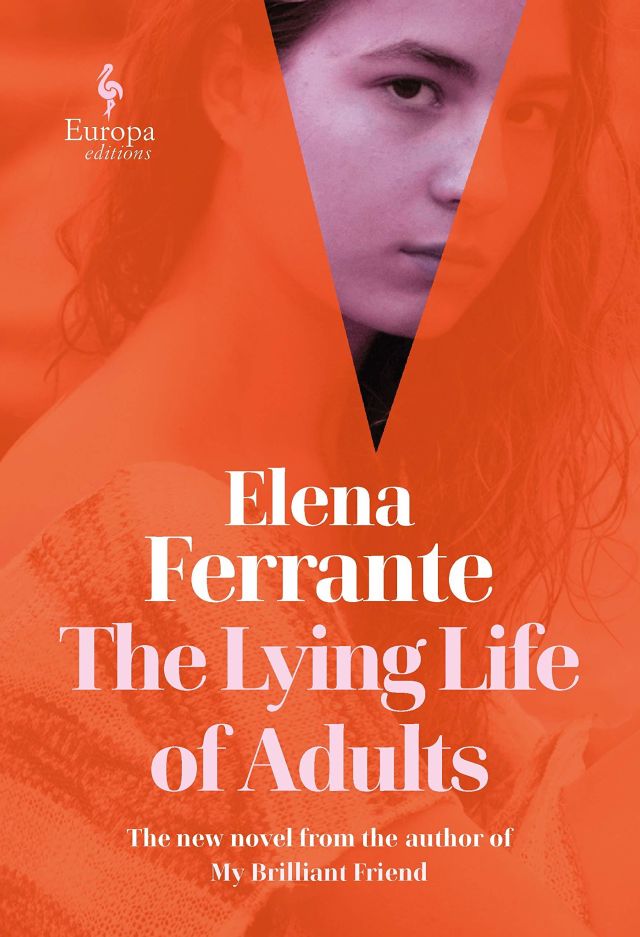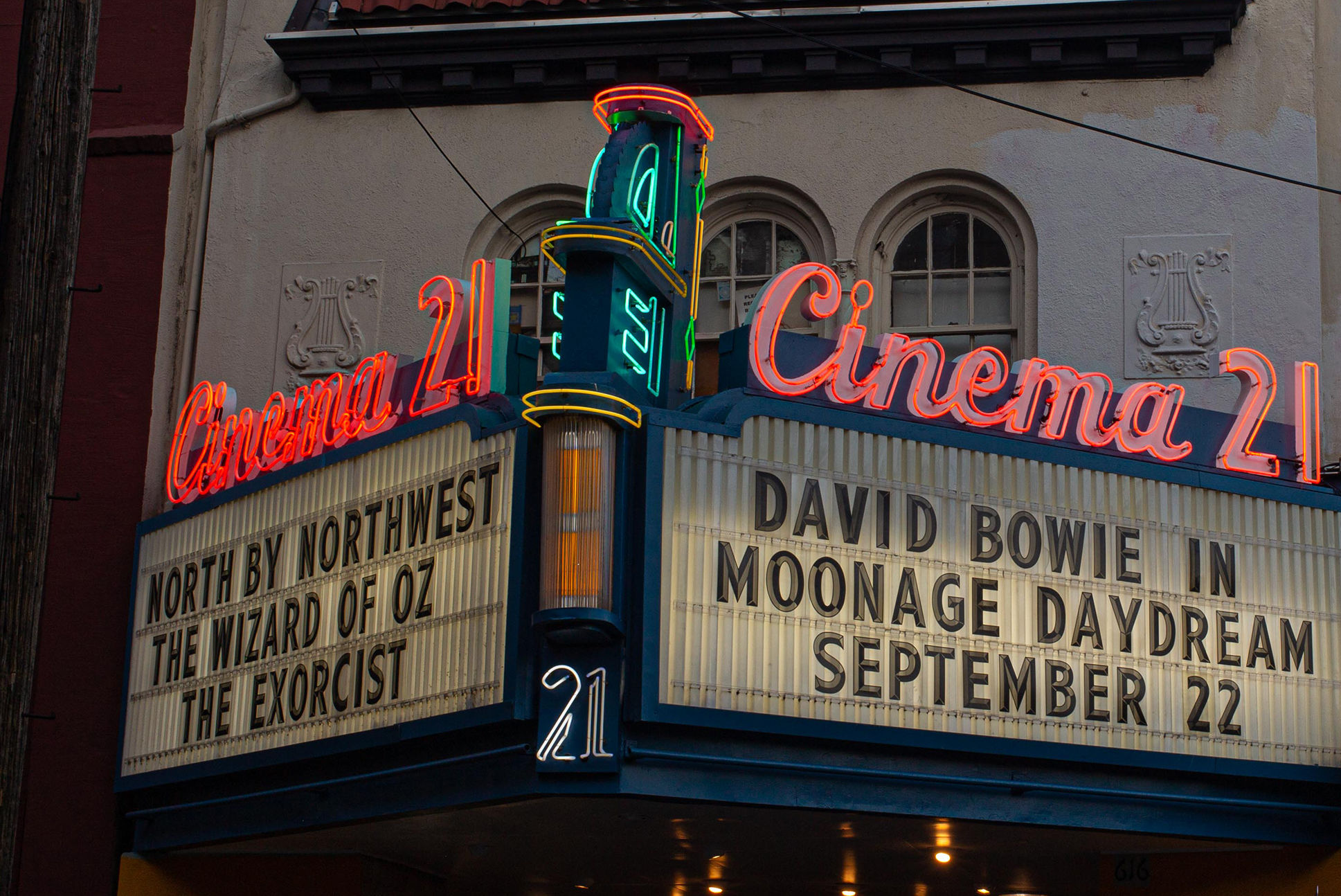What to Read, Watch, and Listen to This Week: Oct 1

Kate Siegel, Michiel Husman, Victoria Pedretti, Oliver Jackson-Cohen, and Elisabeth Reaser in Netflix's The Haunting of Hill House.
Image: Netflix
There’s a lot going on right now. Maybe you’re protesting, maybe you’re donating to wildfire victims, maybe you’re keeping tabs on the way your representatives are responding to the present moment. Keep doing that!
Our lives are not one thing, though, and you’re also probably looking to escape, however briefly, into a show or a book or an album that might help you shut out the world or understand it a little better. To get the wheels turning, here’s the stuff filling our queues at Portland Monthly this week, from octopus affairs to Hill House hauntings.
The Great British Baking Show
The Haunting of Hill House
When I say I like horror, I’m most certainly not talking about what the country and the world had to bear witness to during the first presidential debate. I’m talking about, you know, scary stuff: scary movies, scary TV shows, scary books. As October rears its spooky head each year, I’ll likely watch some classics: The Thing, The Shining, Rosemary’s Baby. This year, without a doubt the spookiest of years, I started early by rewatching The Haunting of Hill House in preparation for its second season, The Haunting of Bly Manor, set for release on October 9.
Loosely based on the 1959 Shirley Jackson novel of the same name, The Haunting of Hill House follows the Crain family’s supernatural experiences in a place called … Hill House. When the family moves in with the intention of renovating the mansion and using that money to build their “forever home,” they instead get a lot of black mold and lingering ghosts. Told through two interwoven timelines (one in 1992, the other in the present day), the show explores how the supernatural experiences continue to affect the Crain family, who are reunited after a sudden tragedy.
The Lying Life of Adults
My Octopus Teacher
I love a nature show, but for an animal lover they can be traumatizing because nature is harsher than all my exes lined up in a room and asked to weigh in on what went wrong. But still, I search for a good nature doc. I yearn for it. One where you get all the beauty of this glorious planet, but where I can also pretend all the creatures frolic in harmony. One where lions hug gazelles and owls and mice work on TikTok dances together, so I don’t sob myself into a fetal position of depression. And while I still cried heavily in Netflix’s My Octopus Teacher, this one is worth the tears.
Sofia Coppola Movies
As I mentioned last week, I’ve been placating my movie-hungry mind with virtual screenings from the New York Film Festival. One of the higher-profile titles on my roster has been On the Rocks, the latest from Sofia Coppola starring Rashida Jones and Bill Murray. It’s a breezy father-daughter comedy about agency and parental trauma, and it's totally fine: Jones is fantastic, it looks great, it fizzles at the end, and Bill Murray drinks a lot of martinis in it. Crucially, though, it reminded me of other, better Sofia Coppola films, most of which I saw once as a teenager, reblogged on Tumblr, and never touched again.
This week, that changed. I treated myself to repeat viewings of Lost in Translation (still wonderful) and Marie Antoinette (even better than I remembered), plus a first time screening of 2010’s Somewhere (fragile and magical). I will likely rewatch The Bling Ring and The Beguiled before the week is up. As a teenager, I regarded Coppola’s work as pretty, transporting, and a little opaque—semi-boring visual feasts that held my curiosity without earning my full-blown affection. Now, as a 20-something locked away from the rest of the world due to forces beyond my control, I regard her as some sort of prophet.
Her movies are exceptionally Cool; a lot of them are scored by Phoenix (whose lead singer is now Coppola’s husband) and feature songs by The Strokes. But they’re also about cool: about the baffling experience of watching other people find you impressive when you know you're just ... you. She never overplays her hand or tries to posit that success or adoration is some sort of tragedy—just that watching others watch you is a less enlightening and more alienating experience than it should be. Her movies are remarkably attuned to physical sensation without threatening to dissolve into Malick-adjacent mysticism, and she treats her befuddled, frustrated, thinly-drawn protagonists with so much empathy it almost hurts. On the Rocks is a rare miss, and I hear the "do we really need to explore the alienation of rich white people at this moment in history?" dissent loud and clear. But I'm gonna continue living in her gauzy, ennui-soaked worlds for now, and I expect I'll learn something about myself while I'm at it. —Conner Reed, arts & culture editor





